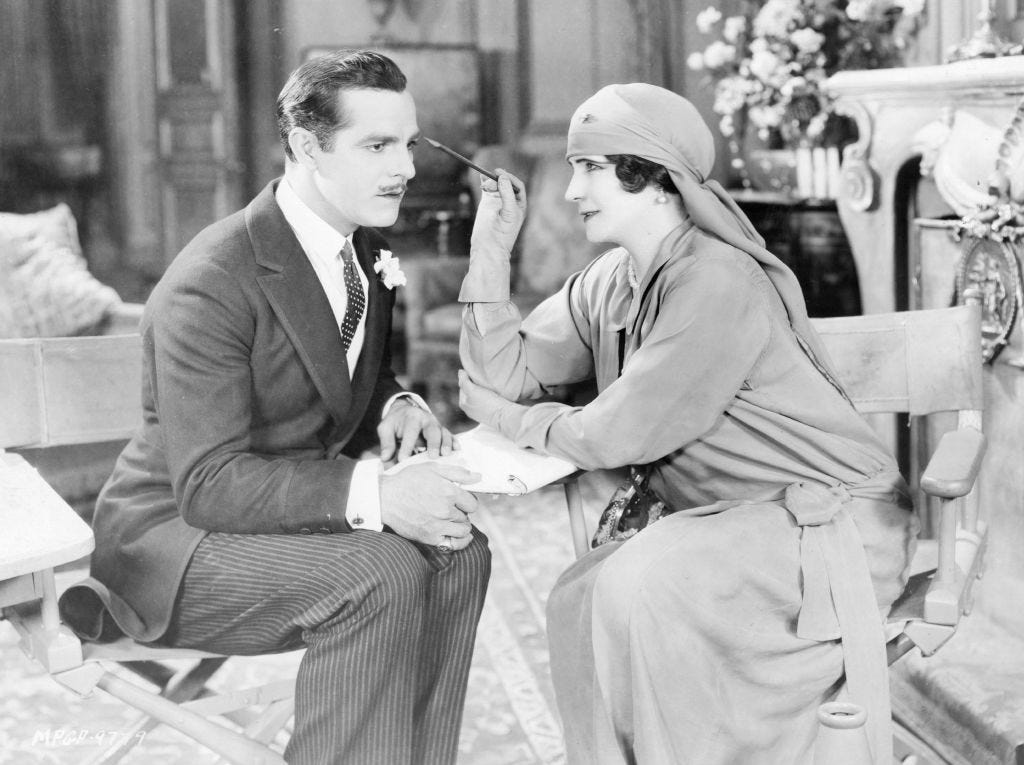Original 'It Girl', Texas Mob D.A. + 6 Picks
A newsletter about available IP; I do the reading for you

Welcome to The Optionist! Thanks for reading, and if you're here because someone forwarded this, I invite you to sign up during our free beta period here before it runs …



